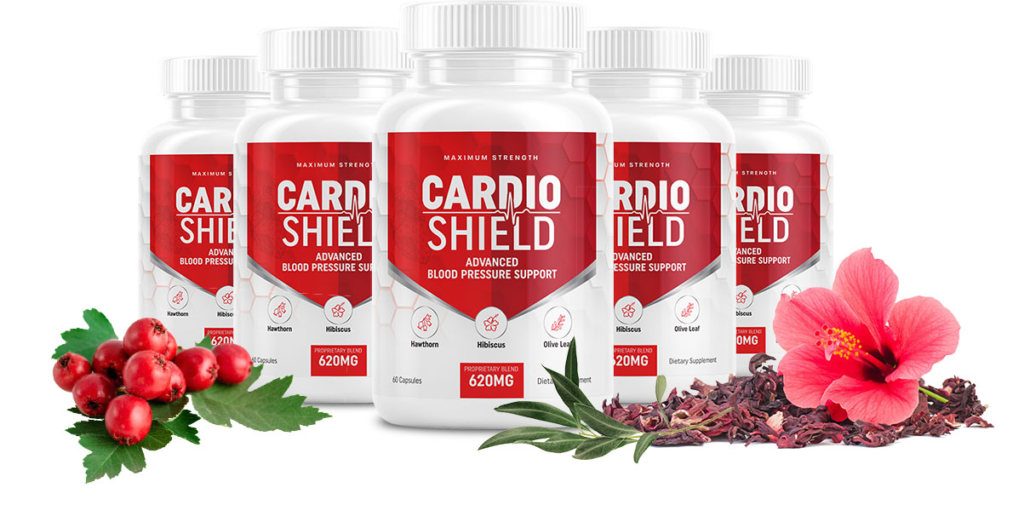
1. Regular Exercise:
Engaging in regular physical activity is one of the most powerful ways to support cardiovascular health. Exercise helps strengthen the heart muscle, improves circulation, and helps maintain healthy blood pressure levels. Aim for at least 30 minutes of moderate-intensity exercise most days of the week, such as brisk walking, cycling, or swimming.
2. Balanced Diet:
A balanced diet rich in fruits, vegetables, whole grains, lean proteins, and healthy fats is essential for supporting cardiovascular health. Focus on incorporating foods that are high in nutrients like potassium, magnesium, and fiber, which are known to promote healthy blood flow and blood pressure levels. Limit your intake of processed foods, sodium, and saturated fats, which can contribute to heart disease risk.
3. Stress Management:
Chronic stress can have a negative impact on cardiovascular health, leading to elevated blood pressure and increased risk of heart disease. Incorporating stress-reduction techniques such as meditation, deep breathing exercises, yoga, or spending time in nature can help lower stress levels and support overall heart health.
4. Adequate Sleep:
Getting enough quality sleep is crucial for maintaining optimal cardiovascular health. Poor sleep has been linked to hypertension and other heart-related issues. Aim for 7-9 hours of uninterrupted sleep each night, and practice good sleep hygiene habits such as maintaining a consistent sleep schedule and creating a relaxing bedtime routine.
5. Maintain a Healthy Weight:
Being overweight or obese can put extra strain on the heart and increase the risk of developing high blood pressure and other cardiovascular problems. By maintaining a healthy weight through a combination of regular exercise and a balanced diet, you can support healthy blood flow and blood pressure levels.
6. Supplement Support: